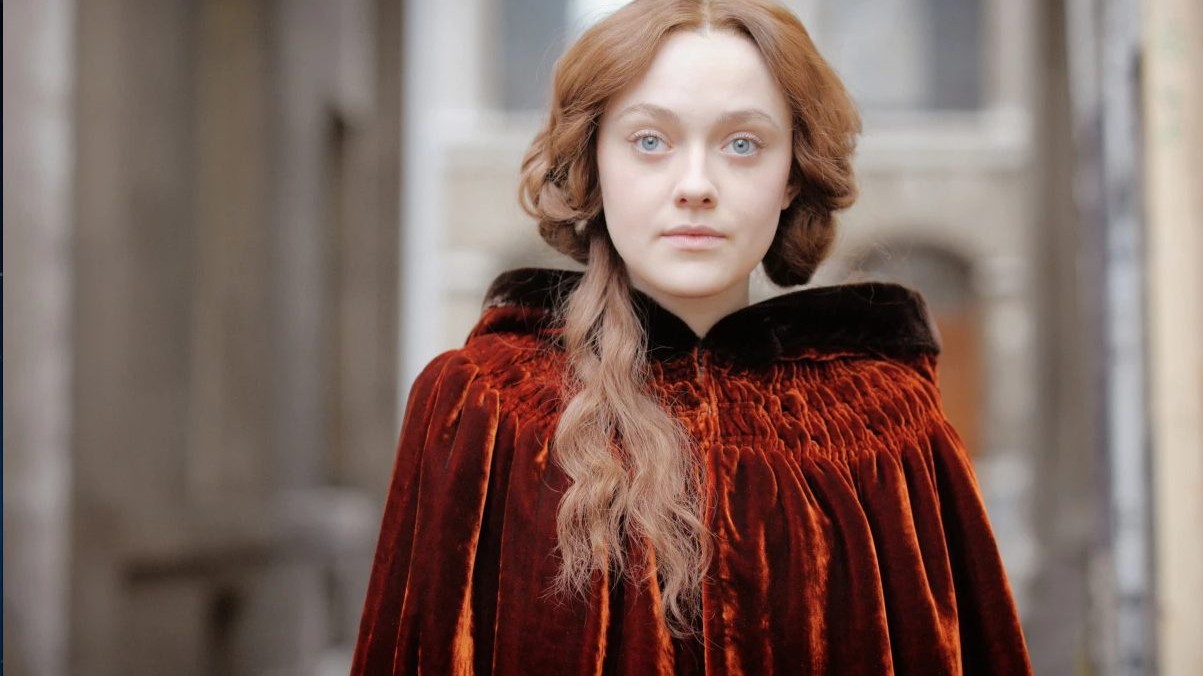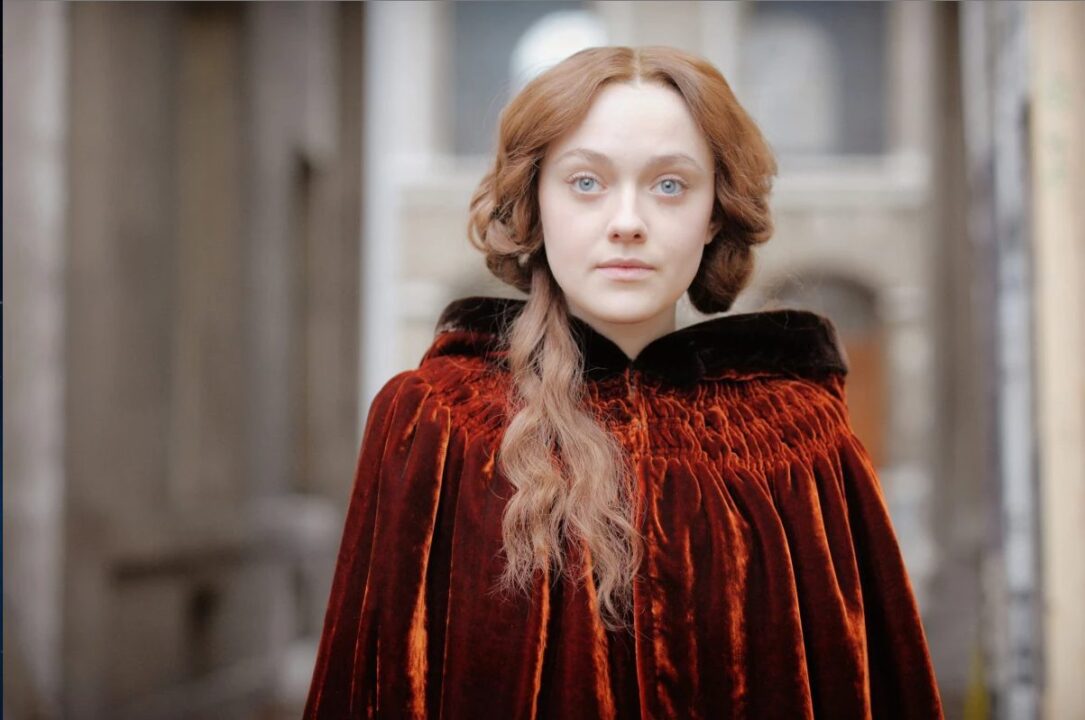The release of Victorian period piece Effie Gray was initially delayed due to a lawsuit claiming that the screenplay (written by Emma Thompson, who also stars in the film), was plagiarized from other sources. Though Thompson won the cases, she has since opted out of promoting the film’s U.K. release. It is truly a shame that the film’s legal victory doesn’t change the fact that this is a misguided and missed opportunity for Hollywood pictures about female liberation.
A passion project of Thompson’s, Gray is the true story of 19-year-old Euphemia Gray and her marriage to famous art critic and watercolorist John Ruskin. Directed by Richard Laxton, the film spans six years, in which we quickly we learn that Effie’s relationship with her husband is just about the worst marriage we’ve ever seen on the big screen.
Dakota Johnson plays the lead role in the film, and while she looks the part (due to a great art and makeup department), she often seems confused and unsure of her performance, like a wide-eyed deer who was not given clear enough idea of how she should embody her character, resulting in a clunky leading character dynamic from the get-go.
Laxton’s collaboration with Thompson results in a much too timid interpretation of this true story, a tale of sexuality and art that could have been much more compelling with different casting and direction choices.
Laxton’s directorial choices are questionable at best, with scenes often playing off like awkward tales of Victorian soap opera. Laxton decides to go full on melodrama and almost completely disregards the concentration that should have been placed upon character study, in a probably unconscious decision that nonetheless destroys the film’s chance to be brave, full bodied, and decisive.
Tom Sturridge does a decent job playing the third wheel in the film’s lifeless and dull love triangle, but, unfortunately, the audience never comes close to caring about who any of these characters end up with. While Greg Wise’s take on John Ruskin is commendable, as soon as the film begins to depict him as an unpleasant man-child, the tone becomes lost due to audience laughter that clearly shows the aspects of the film that just simply don’t work.
Cinematographer Andrew Dunn throws just a bit of life back into the film with some nice shots and a pleasant color palette of dim grayish blues that looks best in the scenes where the characters are around the gorgeous stream. Effie Gray is sure to bore most away within the first act, and for its runtime it seems to last an eternity. Laxton’s collaboration with Thompson results in a much too timid interpretation of this true story, a tale of sexuality and art that could have been much more compelling with different casting and direction choices.
Effie Gray opens this Friday.


